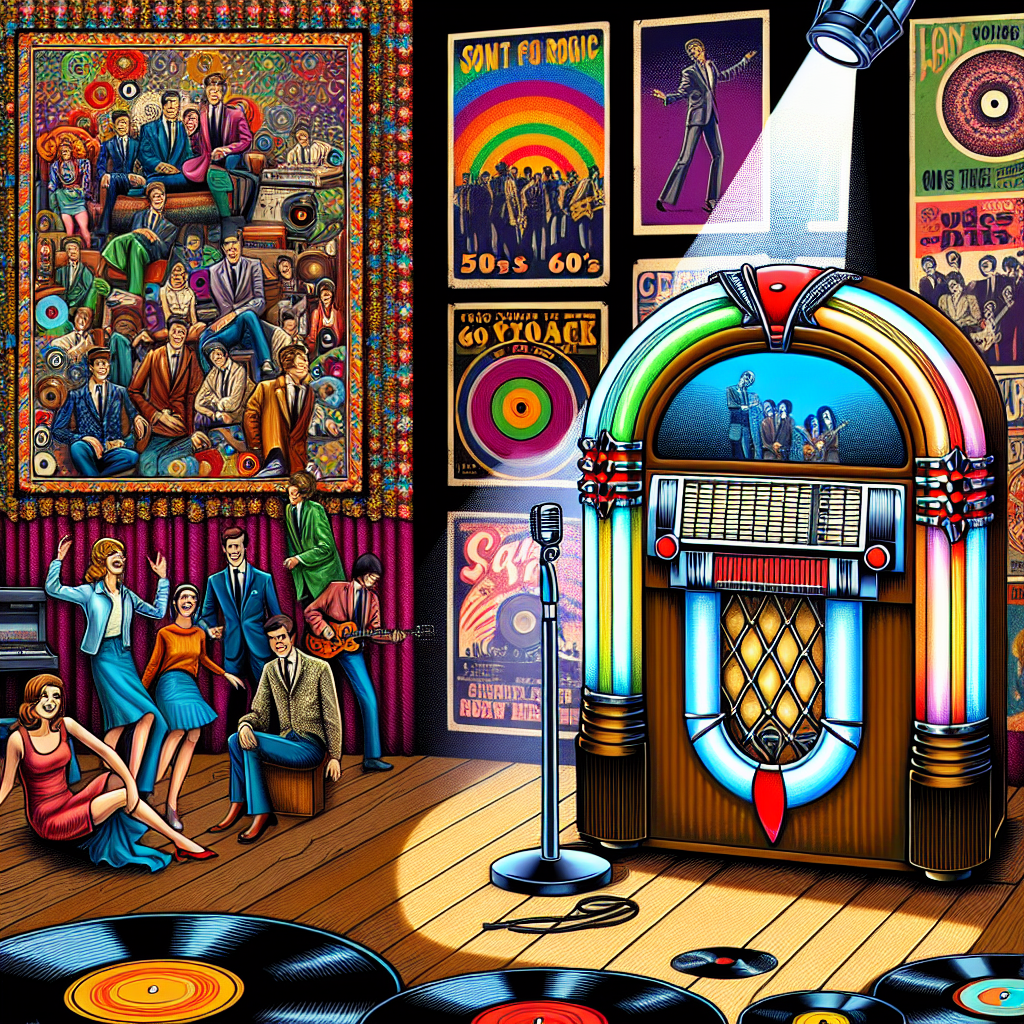Woodstock and other music festivals of the 60’s and 70’s hold a special place in history, not just for the incredible performances by iconic musicians, but also for the lasting impact they had on culture, fashion, technology, and even politics. These festivals were more than just gatherings to listen to music; they were a reflection of the changing times and a catalyst for social change.
Music has always been a powerful force for bringing people together, and the music festivals of the 60’s and 70’s took this to a whole new level. Woodstock, in particular, was a defining moment in music history. Over half a million people gathered in upstate New York to celebrate peace, love, and music. The festival featured legendary performances by artists like Jimi Hendrix, Janis Joplin, The Who, and many others. It was a time of unity and shared experiences that transcended social boundaries.
But the impact of these festivals went beyond just the music. They also played a significant role in shaping culture and fashion during that era. The hippie movement was at its peak during this time, with its emphasis on peace, love, and freedom. Tie-dye shirts, bell-bottoms, fringe vests – these were all popular fashion choices inspired by the counterculture movement that was born out of these festivals.
Politicians also took notice of the power of these events. Woodstock showed that young people could come together peacefully in large numbers – something that was not lost on politicians looking to connect with younger voters. The ideals of peace and unity promoted at these festivals influenced political discourse at the time and helped shape policies on issues like civil rights and Vietnam War.
Technology also played a role in the success of these festivals. The advent of sound systems capable of handling large crowds made it possible for thousands of people to enjoy live music outdoors. This paved the way for future music festivals to grow in size and popularity.
The legacy of Woodstock and other music festivals from this era continues to inspire generations today. While we may never see another event quite like Woodstock again, its spirit lives on in smaller scale festivals around the world that aim to promote peace, love, and unity through music.
In conclusion, the legacy of music festivals from the 60’s and 70’s is one that should be celebrated. These events brought people together through their shared love of music and created lasting memories that have stood the test of time. They remind us that music has the power to transcend boundaries – whether they be cultural or generational – and unite us all in our common humanity.


Get involved!
Comments